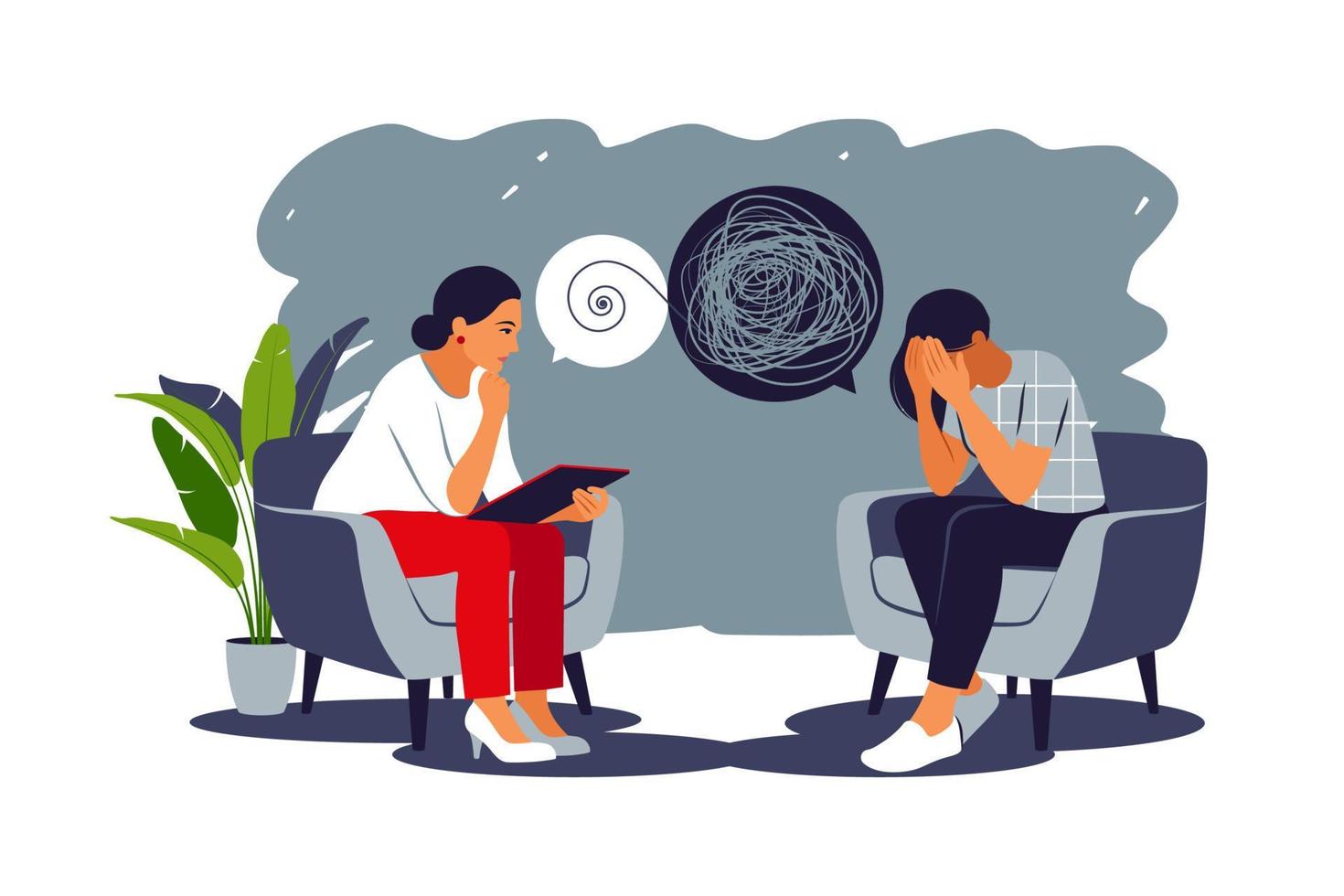Introspection is the practice of examining one’s own thoughts, feelings, and experiences. It involves looking inward to gain a deeper understanding of oneself and the world around us. Through introspection, we can develop self-awareness, improve our decision-making, and cultivate a greater sense of personal growth.
Benefits of Introspection
- Self-awareness: Introspection helps us to understand our own thoughts, feelings, and motivations.
- Personal growth: By reflecting on our experiences, we can identify areas for improvement and growth.
- Improved decision-making: Introspection can help us make more informed and thoughtful decisions.
- Reduced stress: Understanding ourselves better can help us manage stress and anxiety more effectively.
- Enhanced relationships: Introspection can help us to develop empathy and compassion for others.
Techniques for Introspection
- Journaling: Writing in a journal can be a powerful tool for self-reflection.
- Meditation: Meditation can help to quiet the mind and focus on inner thoughts and feelings.
- Mindfulness: Paying attention to the present moment without judgment can help us gain insights into our thoughts and experiences.
- Contemplation: Spending time in quiet contemplation can allow us to reflect on our lives and values.
- Therapy: Talking to a therapist can provide a safe and supportive space for exploring our thoughts and feelings.
Challenges of Introspection
Introspection can be challenging, as it requires us to face our own thoughts and feelings, some of which may be uncomfortable or difficult to acknowledge. However, the rewards of introspection can be significant, as it can lead to greater self-understanding and personal growth.
Conclusion
Introspection is a valuable tool for personal development and growth. By taking the time to examine our own thoughts, feelings, and experiences, we can gain a deeper understanding of ourselves and the world around us.




